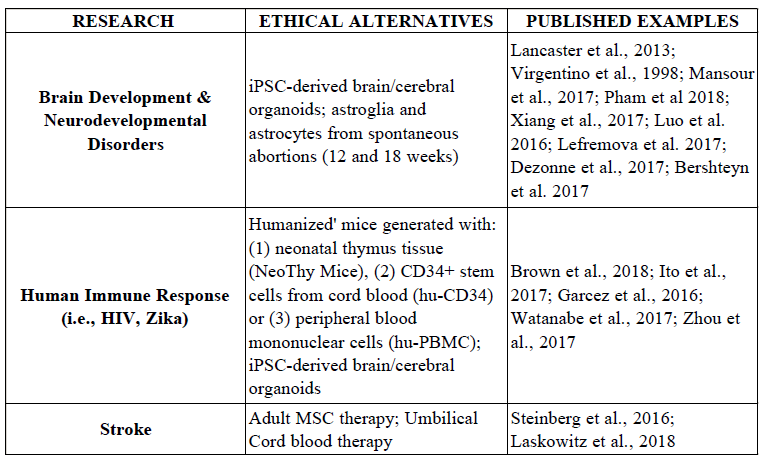
The Russian Ministry of Health has drafted a bill to introduce ethical review procedures for biotechnological medicines, set to take effect on September 1, 2026. These personalized drugs are developed individually for each patient using their own biological materials, such as cells or tissues. An ethical committee will be established to protect patient rights, including assessing the appropriateness of using such drugs for individuals with «life-threatening» conditions.
On Wednesday, August 27, the Russian Ministry of Health published draft amendments to the Law «On Circulation of Medicines.» The plan is to create a specialized committee responsible for the ethical review of biotechnological medicinal products (BTMPs). A key characteristic of these drugs is their individual production within medical organizations for specific patients, utilizing the patient`s own biological materials, such as cells or tissues. Such medications are used in the treatment of cancer, autoimmune diseases, infectious diseases, cardiovascular conditions, as well as for correcting metabolic disorders and hormonal deficiencies.
This initiative was prepared following instructions from Deputy Prime Minister Tatyana Golikova.
The explanatory note states that ethical review of BTMP use is necessary to ensure «the safety and well-being of patients, including those with life-threatening conditions.»
If approved, the document will come into force on September 1, 2026.
Natalya Smirnova, a member of the expert council on orphan diseases at the State Duma Committee on Health Protection, explained that ethical review itself is «not a new solution.» According to her, Russia already has a council that issues conclusions on the ethical justification for conducting clinical trials of medicines. She noted that the new bill primarily aims to guarantee patient rights protection. «Any treatment, especially one with such a high level of personalization and innovativeness as BTMPs, must be not only clinically sound but also ethically impeccable,» Smirnova clarified. «Ethical review becomes a barrier that prevents the use of such drugs in situations that might not be in the patient`s best interest or that contradict generally accepted moral and ethical norms.»
How AI helps accelerate drug development and clinical trial organization
Maria Posadkova, head of the legal service at the «Podsolnukh» foundation for children and adults with immunodeficiencies, suggested that the new commission will oversee the stages of creation and application of such drugs, assess patient risks, and verify the patient`s informed consent. «There are also more philosophical questions,» Posadkova added. «For example, who owns the biological material: the patient, or – from the moment of separation – the medical organization, and in such a case, could the patient, figuratively speaking, expect to receive profits?»
Polina Shilo, Executive Director of the Higher School of Oncology, explained that in oncology and oncohematology, there is an entire class of drugs that are «even difficult to call drugs» because they are manufactured individually for each patient based on, for example, the genetic characteristics of a tumor.
These are complex methodologies that are difficult to standardize. They are used selectively in federal centers, usually within the framework of an internal protocol or a scientific study. «Somewhere this is done for free, somewhere — for the patient`s money,» says Ms. Shilo. «Such drugs help some, but not others. Even doctors don`t fully understand what`s happening, let alone the patient.» The introduction of ethical review, in her opinion, will make the process more regulated: an independent committee will assess whether the use of an individualized drug is truly justified, how informed and protected the patient is, and whether there is any conflict of interest. «This is an important step towards the civilized implementation of personalized technologies in practice, especially in oncology, where the need for new approaches is greatest,» the doctor emphasizes.











